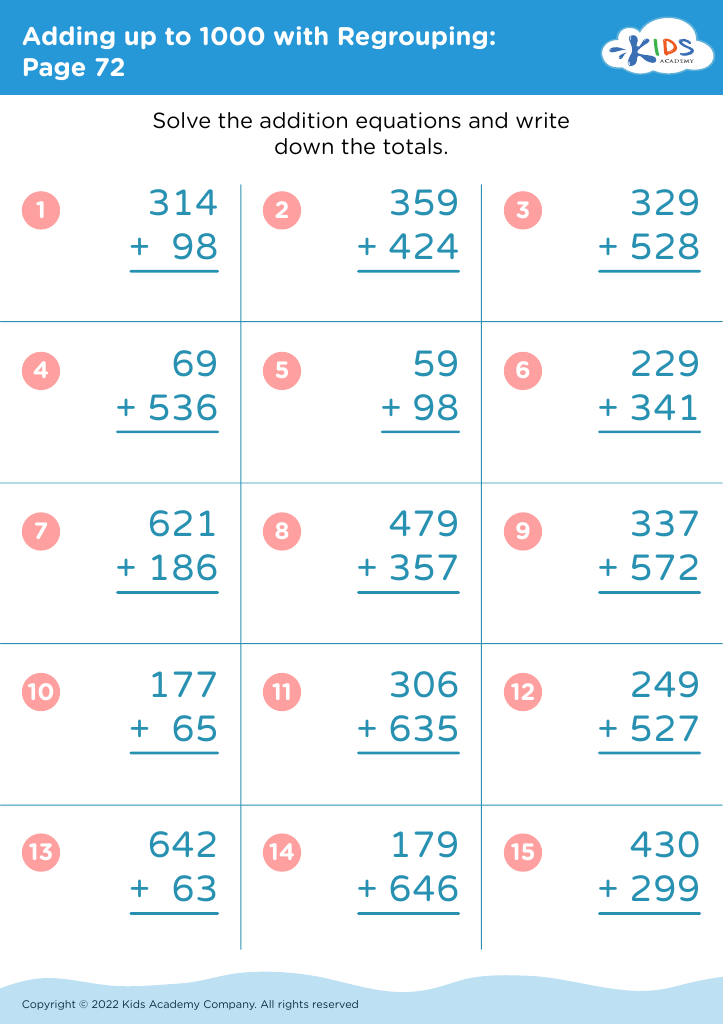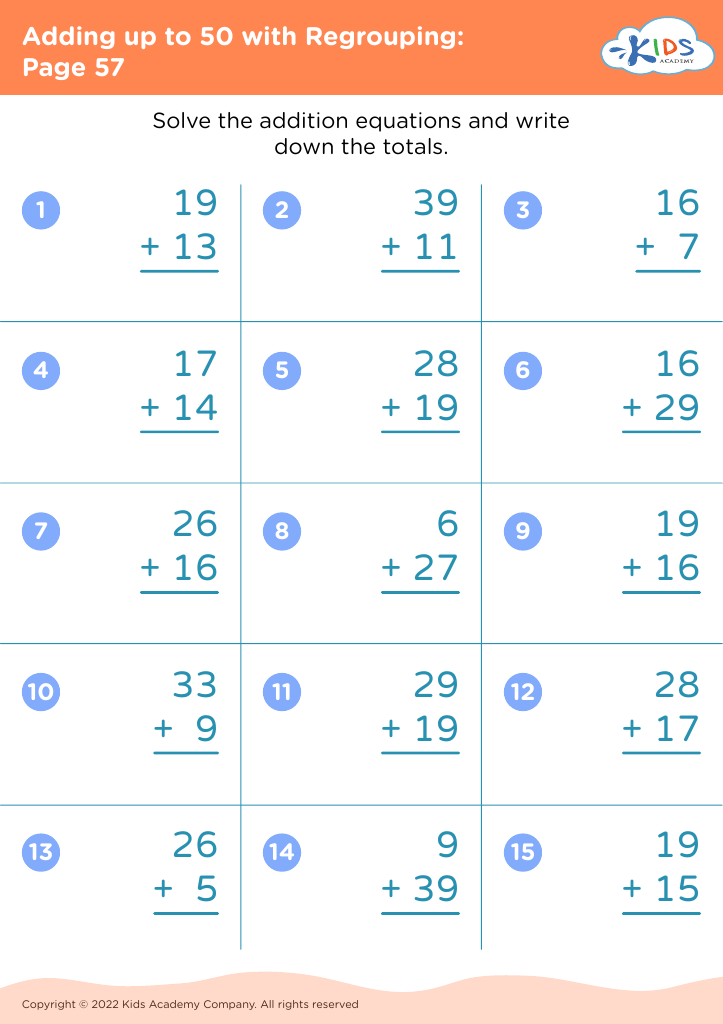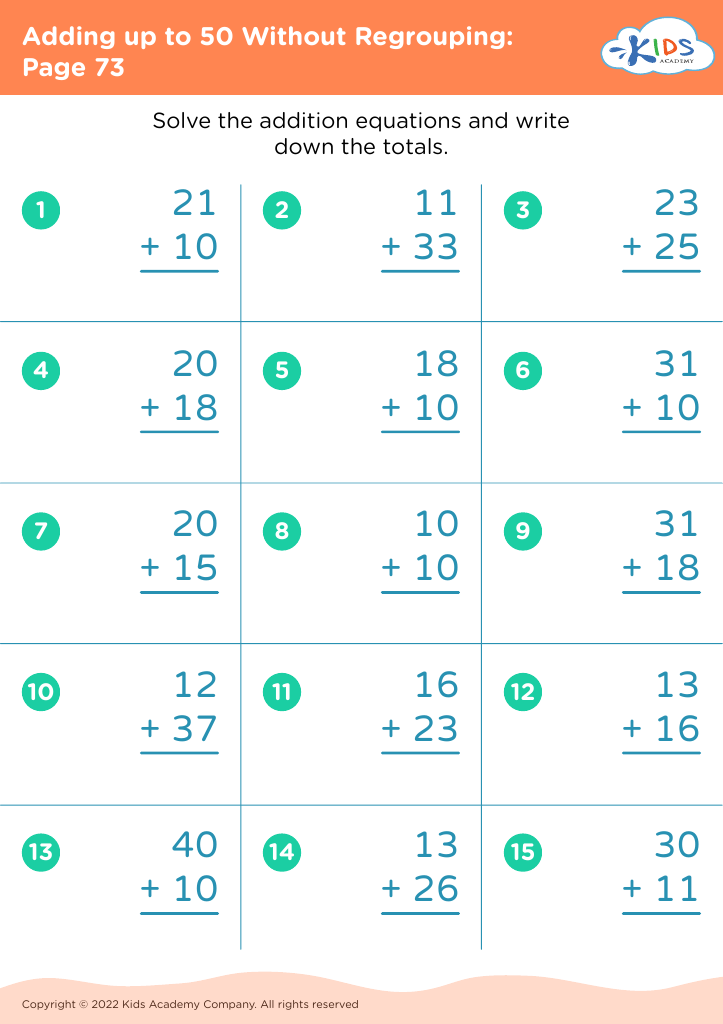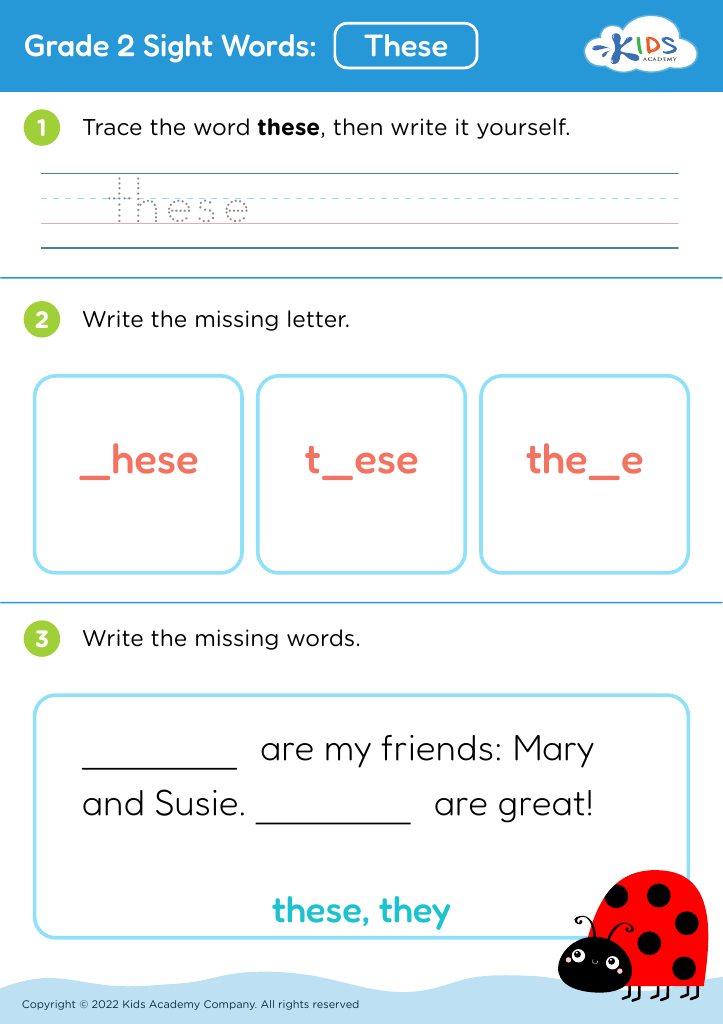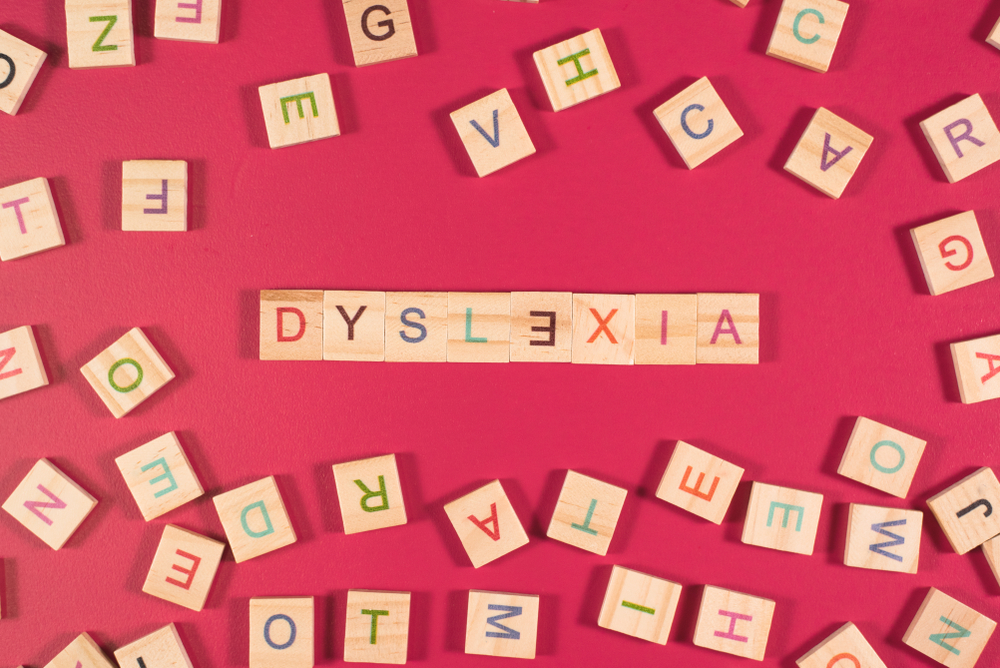Logical thinking Worksheets for Ages 8-9
20 filtered results
-
From - To
Discover our engaging Logical Thinking Worksheets designed specifically for children aged 8 to 9! These worksheets aim to enhance critical thinking and problem-solving skills through fun and interactive activities. Ideal for home or classroom use, the tasks include puzzles, patterns, and reasoning challenges that make learning enjoyable. As kids work through these exercises, they'll develop their logic abilities and boost their confidence in tackling complex problems. Perfect for educators and parents looking to enrich their child's educational experience, our worksheets support cognitive development while promoting a love for learning. Explore our collection and empower your child’s logical thinking skills today!
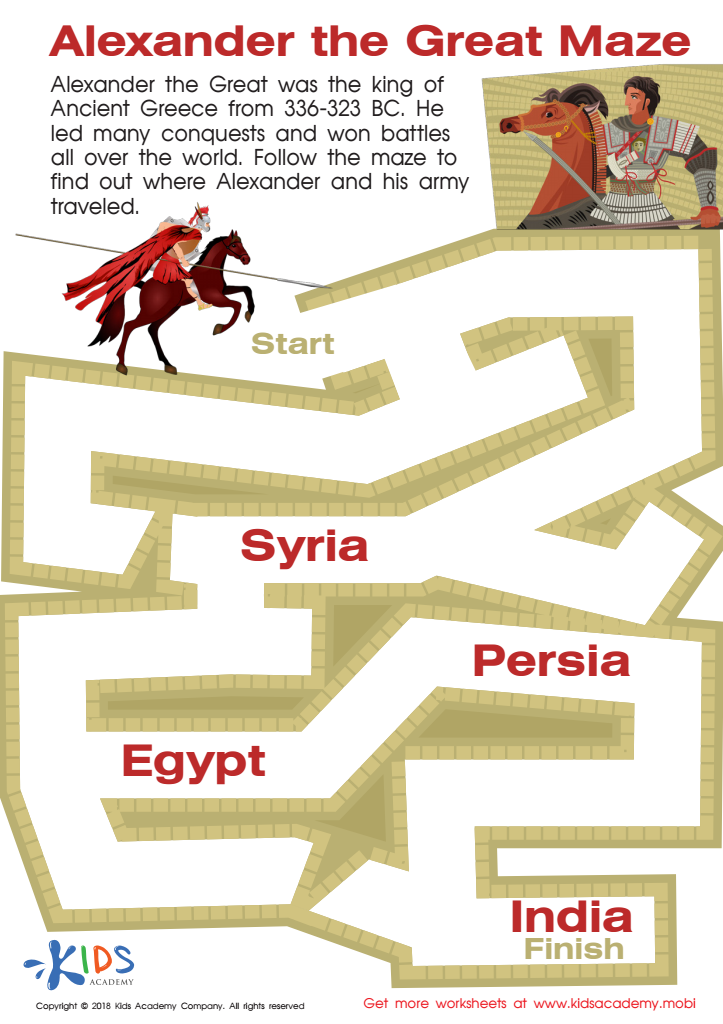

Alexander the Great Maze Worksheet
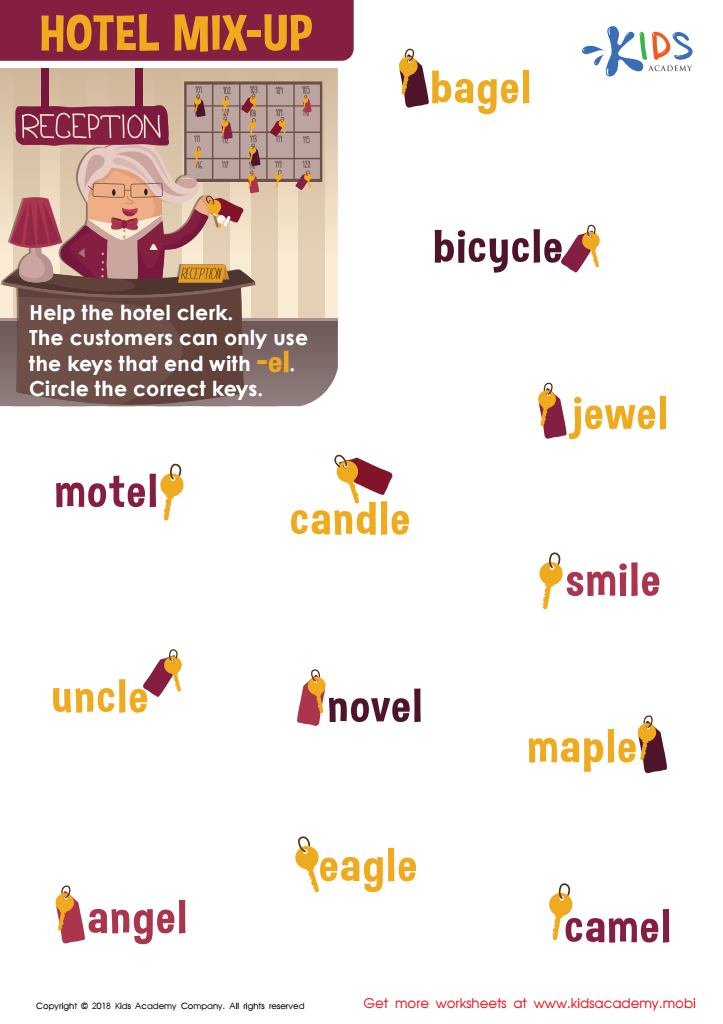

Hotel Mix-up Worksheet
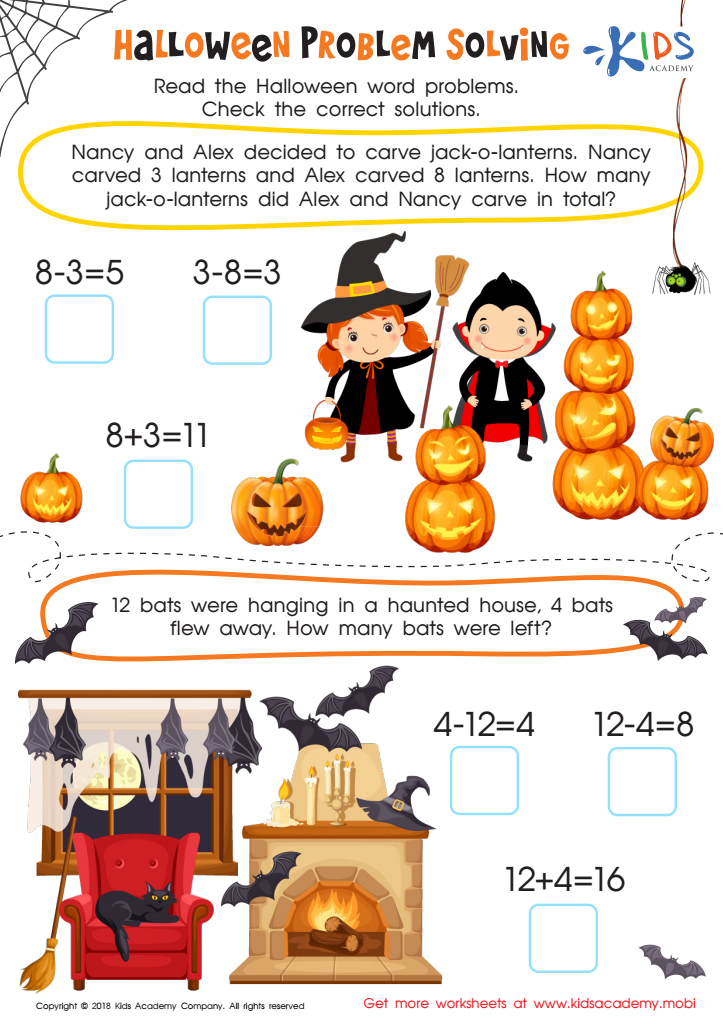

Halloween Problem Solving Worksheet
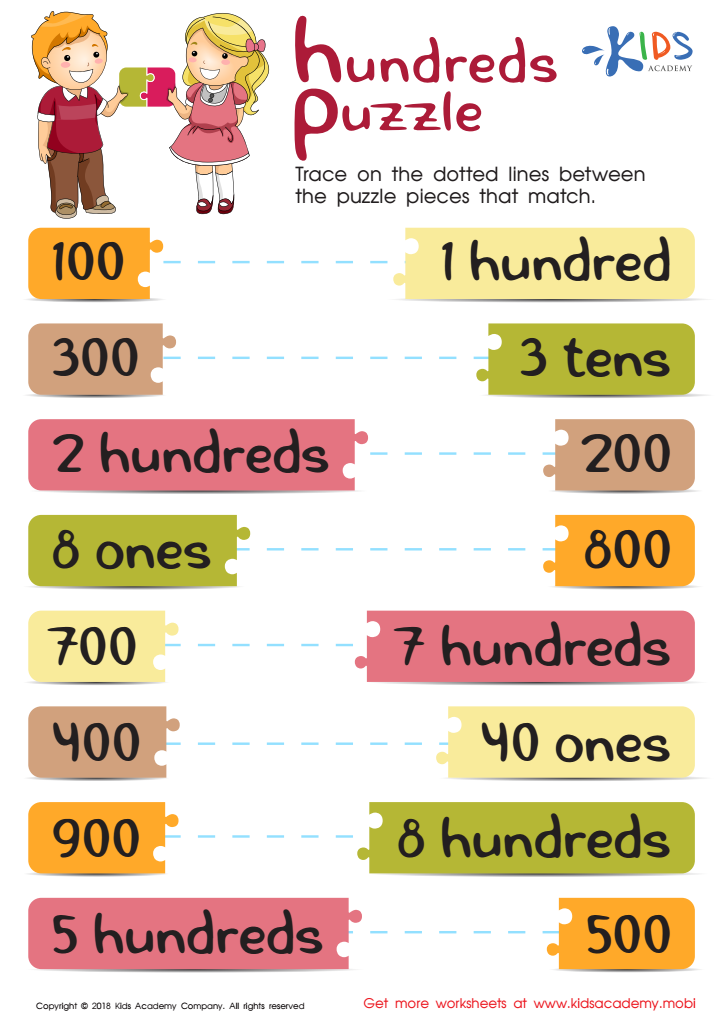

Hundreds Puzzle Worksheet
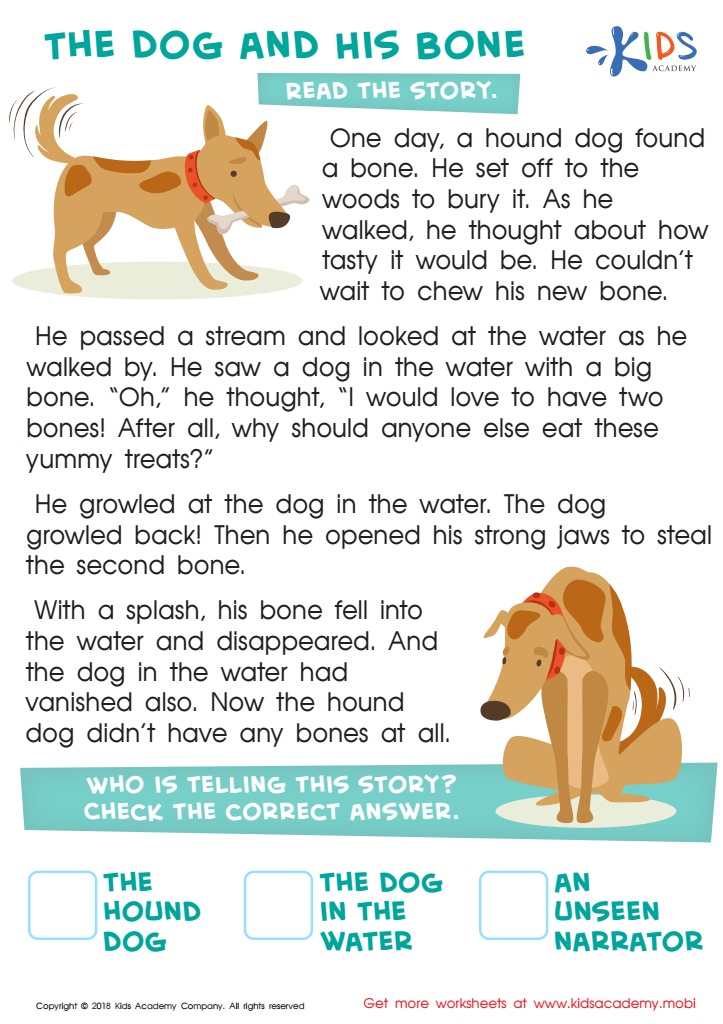

The Dog and His Bone Worksheet
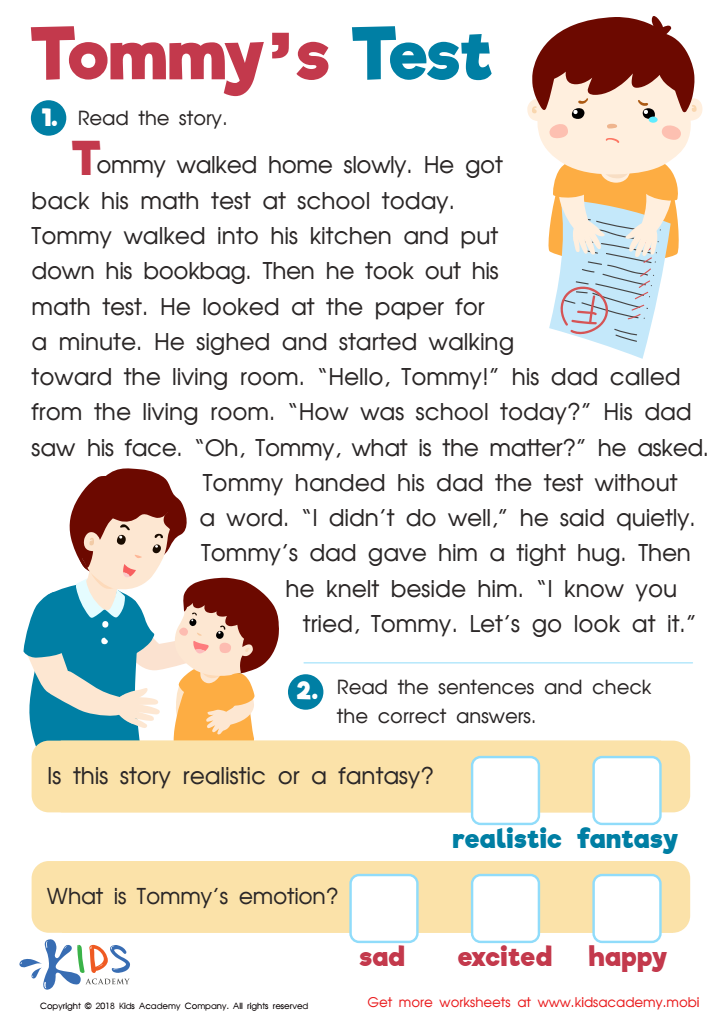

Tommys Test Worksheet
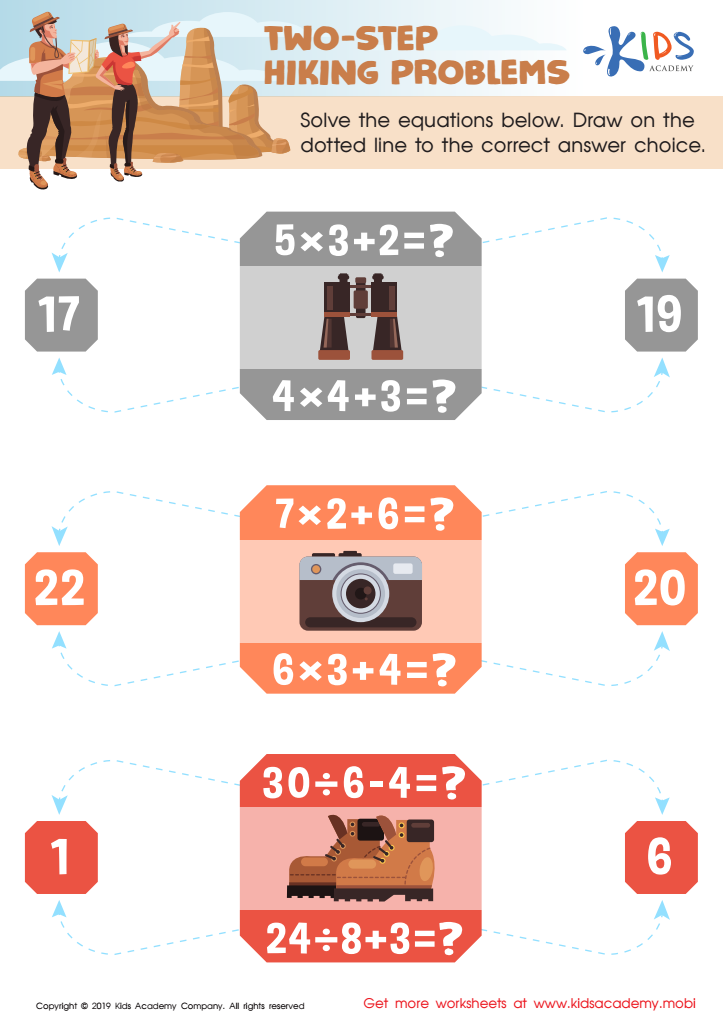

Two-Step Hiking Problems Worksheet
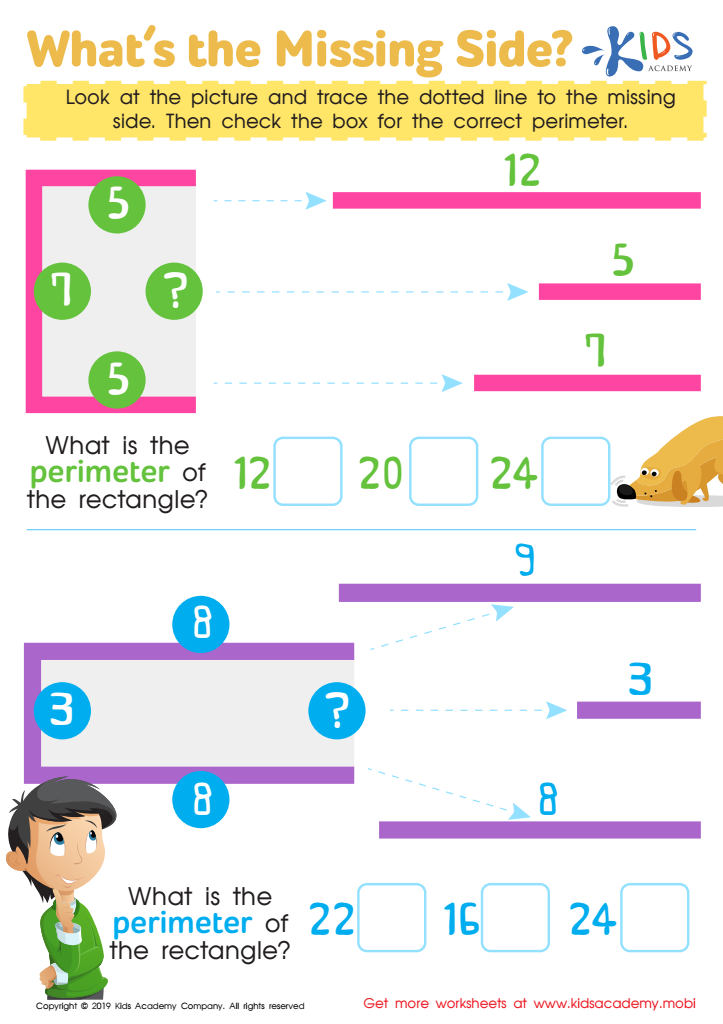

What's the Missing Side Worksheet
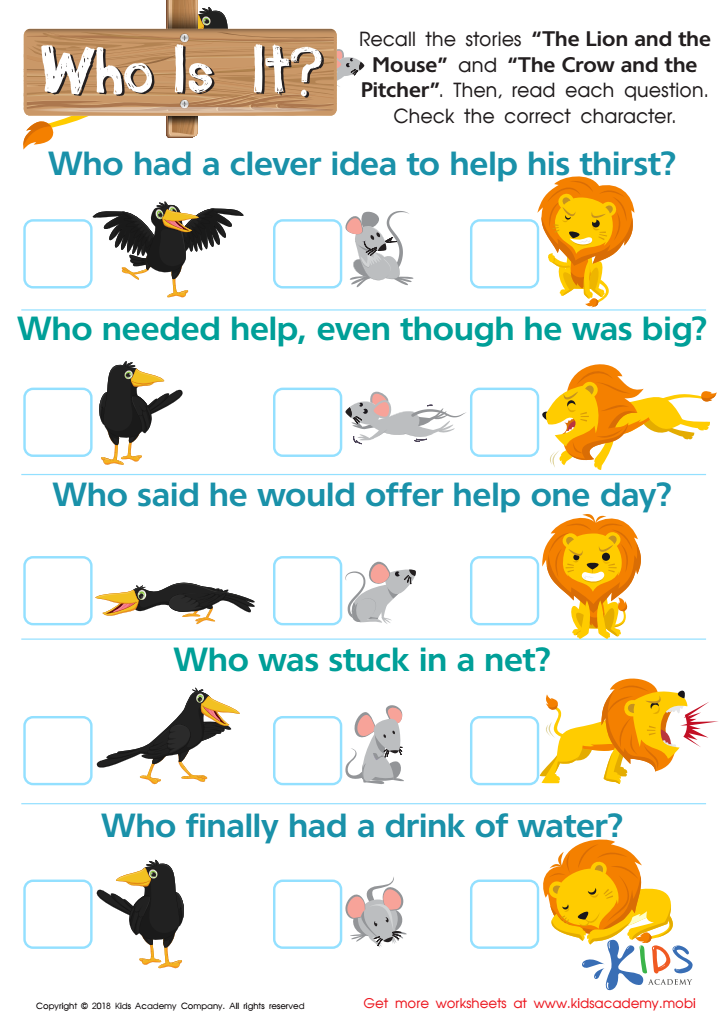

Who Is It? Worksheet
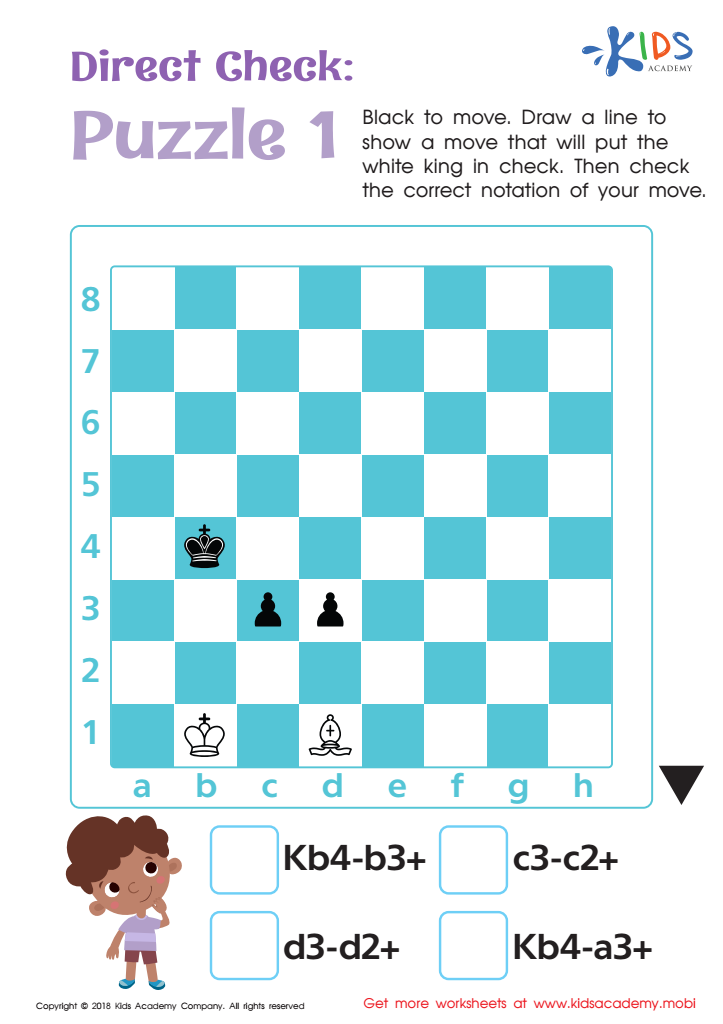

Direct Check: Puzzle 1 Worksheet
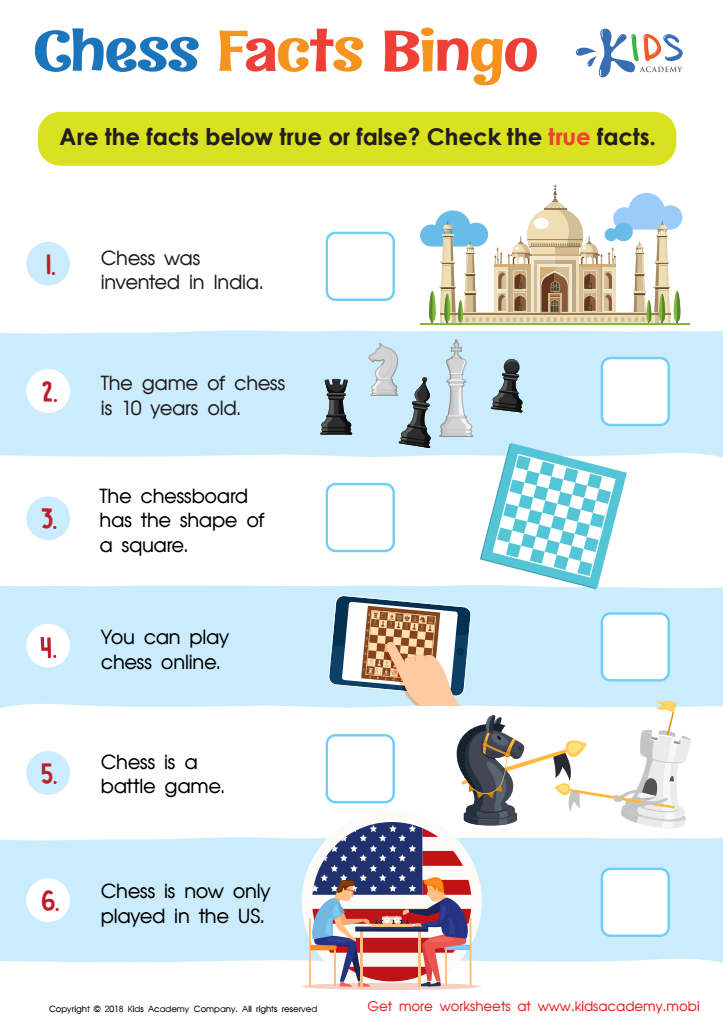

Chess Facts Bingo Worksheet
Logical thinking is crucial for children aged 8-9, as it lays the foundation for problem-solving skills and critical reasoning. During this developmental stage, children are more capable of connecting concepts and understanding relationships between ideas. Encouraging logical thinking helps them navigate real-world challenges, enhance their academic performance, and build a structured way of thinking.
Parents and teachers should prioritize this skill for various reasons. Firstly, it fosters cognitive development, enabling children to analyze situations and make informed decisions. As they engage in logical tasks, such as puzzles and games, they cultivate persistence and resilience, learning that not all problems have immediate solutions.
Moreover, strong logical reasoning skills enhance mathematical abilities, where patterns and relationships are integral. This skill set also promotes better reading comprehension, allowing students to draw inferences and conclusions from texts.
Ultimately, nurturing logical thinking empowers children to think independently, question assumptions, and approach problems creatively. These skills not only prepare them for future academic challenges but also equip them with essential life skills, enabling them to become thoughtful, informed citizens. By investing in the development of logical thinking at this formative age, we help shape a generation of critical thinkers and innovators.


 Assign to My Students
Assign to My Students

